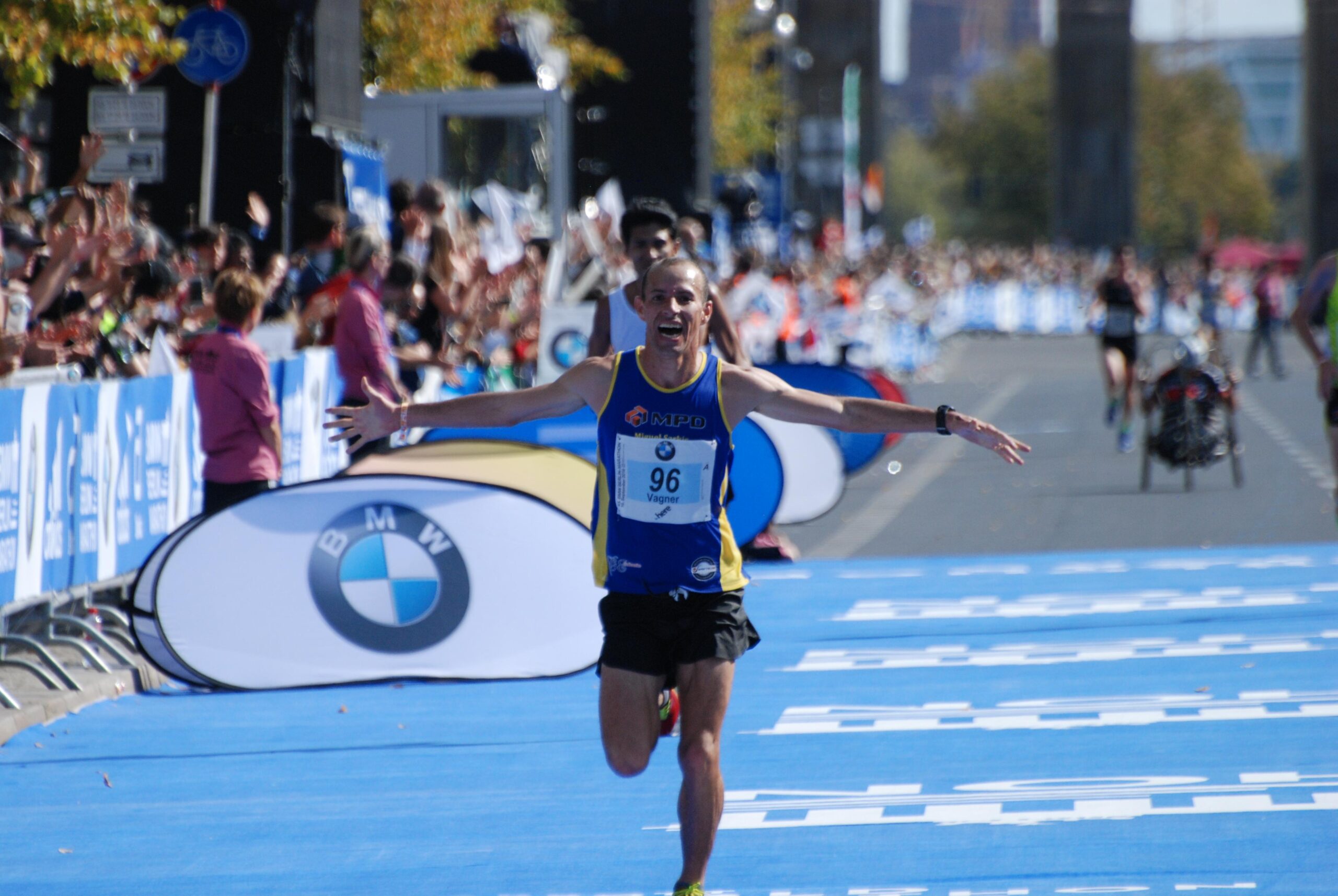Mastering Marathons; what you need to prepare for a Marathon

At a gruelling 26.2-mile (42.2 km) race, marathons are the ultimate test of endurance and mental fortitude for runners. Whether you’re a regular participant or a first-timer, preparation is key to a successful race.
In this blog, there’s some essential advice for every stage of the marathon journey – from pre-race planning and pacing strategies to fuelling, managing nerves, and post-race recovery.
Pre-Race Preparation
- Training: A solid training plan is the foundation of any marathon success. Gradually increase your weekly mileage, include long runs, speed work, and hill training to build both endurance and strength.
- Tapering: During the final weeks before the race, reduce your mileage to allow your body to recover and recharge. Tapering helps prevent burnout and ensures you’re fresh on race day.
- Race strategy: Set realistic goals based on your training. Divide the race into segments and plan your pace accordingly. Consider a negative split strategy – starting slightly slower and gradually picking up the pace.
- Pacing: Consistent pacing is crucial. Aim for a pace that feels comfortable but challenging, especially in the early miles. Avoid going out too fast, as this can lead to burnout later in the race.

Fuelling and Hydration
- Carb loading: In the days leading up to the race, increase your carbohydrate intake to maximize glycogen stores. Aim for a balanced diet with lean protein, healthy fats, and plenty of fruits and vegetables.
- Race-Day Breakfast: Consume a familiar and easily digestible meal a few hours before the race. This could include oatmeal, a banana, and a sports drink to top off your glycogen stores.
- Hydration: Start the race well-hydrated but avoid overhydration. Sip water or a sports drink at aid stations and find a balance to prevent dehydration without causing discomfort.
Managing Nerves and Mental Preparation
- Visualisation: Imagine yourself successfully running different parts of the race. Visualising a positive outcome can help reduce pre-race jitters.
- Mindfulness and breathing: Practice deep breathing and mindfulness techniques to stay present and calm your nerves on race day. Focus on each mile rather than the entire distance.
- Mantras: Develop positive affirmations or mantras to repeat when the going gets tough. These can provide a mental boost and keep you motivated.

During the Race
- Pacing: Stick to your planned pace in the early miles. As you approach the halfway point, assess your energy levels, and adjust your pace if necessary.
- Fuelling: Consume energy gels, chews, or other preferred fuel sources during the race. Follow a schedule and stay consistent with your nutrition plan.
- Positive mindset: Break the race into smaller milestones. Focus on reaching the next aid station or mile marker rather than the entire distance. Celebrate each achievement.
Post-Race Recovery
- Rehydration and nutrition: Rehydrate with water or electrolyte-rich beverages. Eat a balanced meal containing carbohydrates and protein within the first hour after finishing to aid in recovery.
- Active recovery: Engage in light walking or gentle stretching to help prevent muscle stiffness and aid in recovery. Avoid intense stretching immediately after the race.
- Rest and sleep: Give your body ample time to rest and recover in the days following the race. Prioritize sleep to help healing and muscle repair.
- Reflect and learn: Take time to reflect on your race experience. Identify what went well and areas for improvement. This self-assessment can guide your training for future races.
Successfully completing a marathon requires a combination of physical preparation, mental resilience, and strategic planning. By following these pre-race, during-race, and post-race tips, you’ll be better equipped to conquer the challenges of the marathon and cross the finish line with a sense of accomplishment and pride.
Remember, every step you take in training and on race day is a testament to your dedication and determination as a runner.